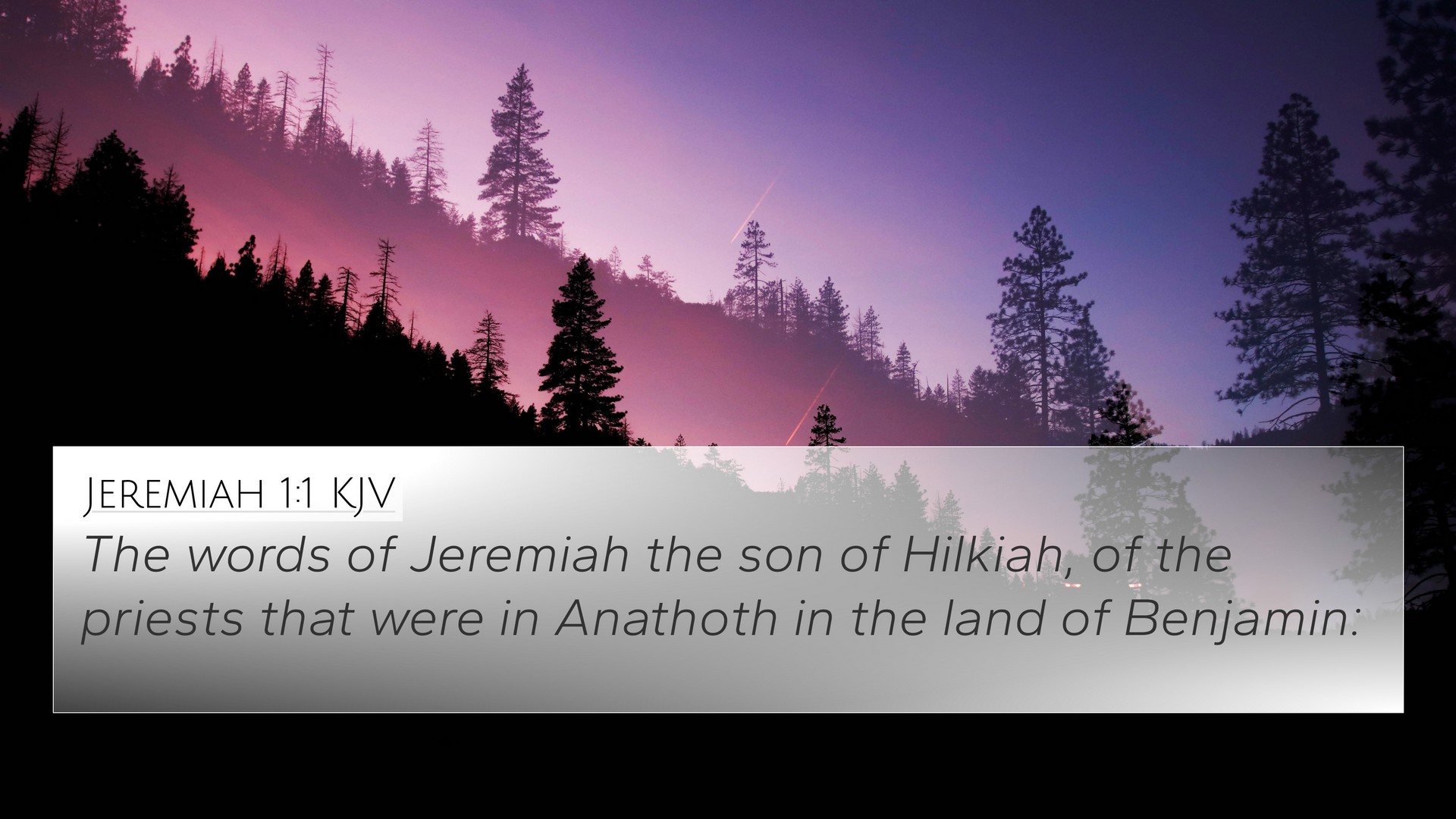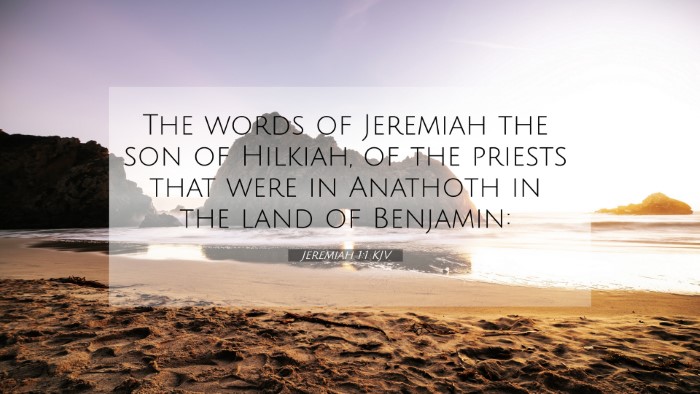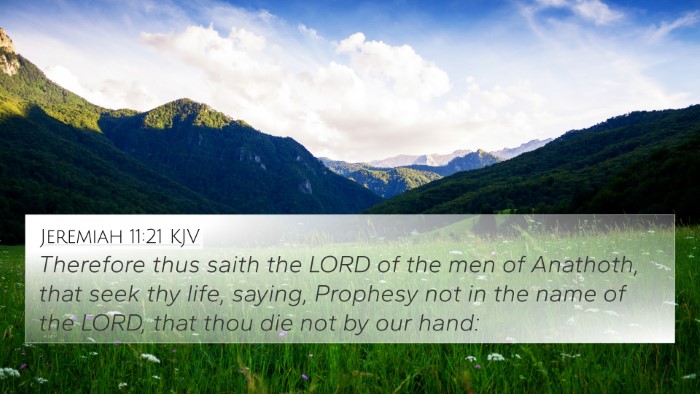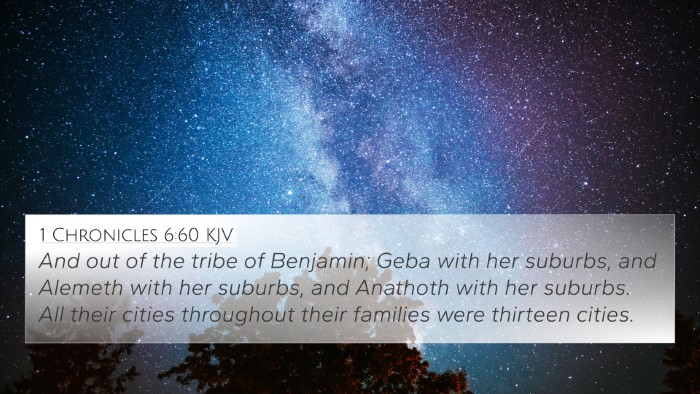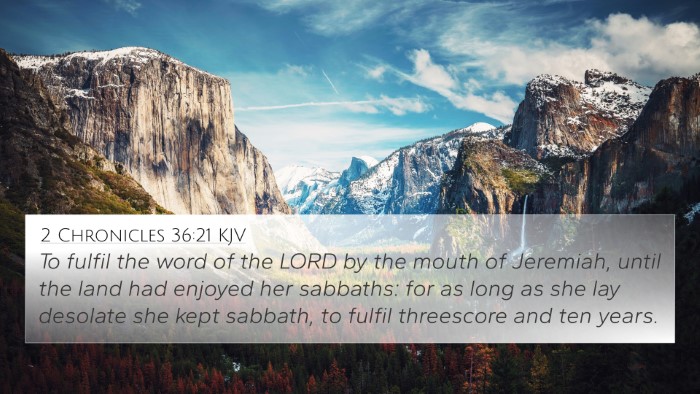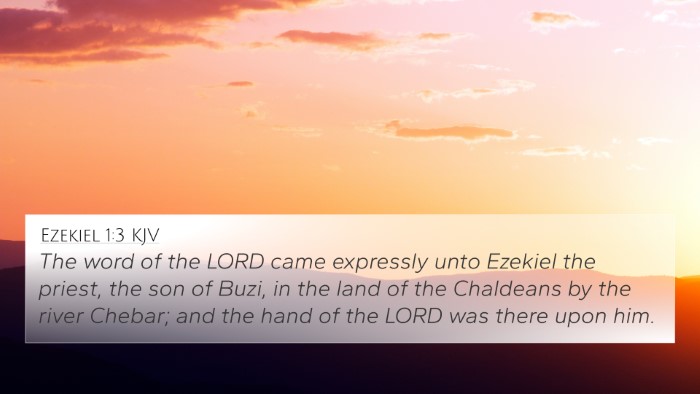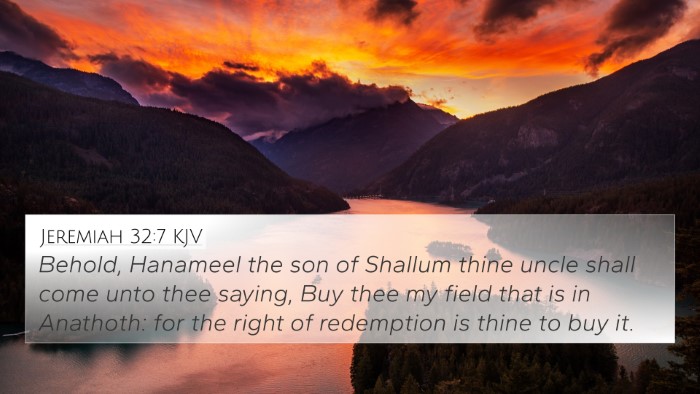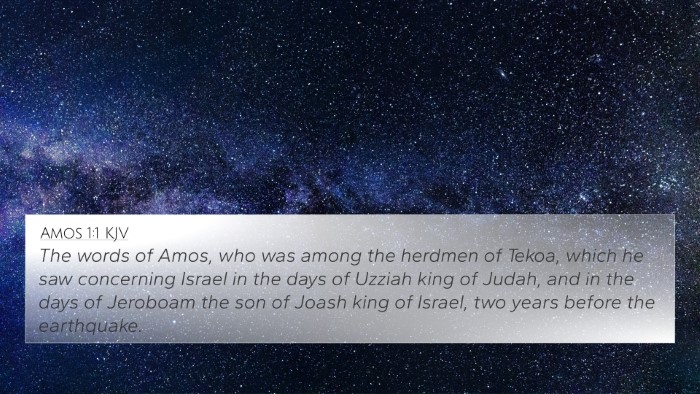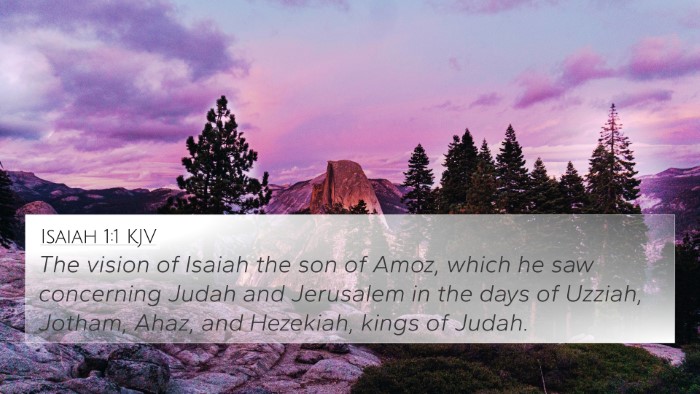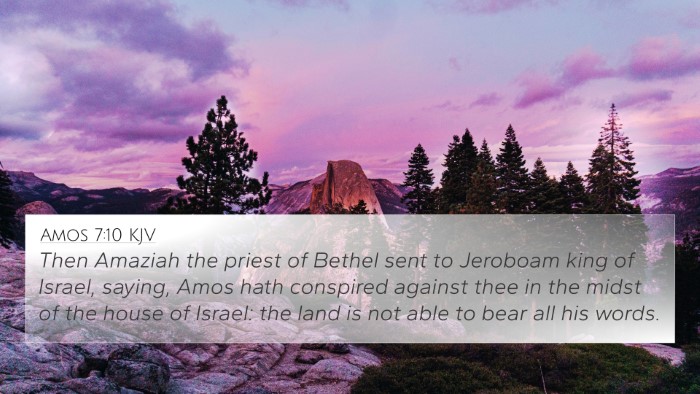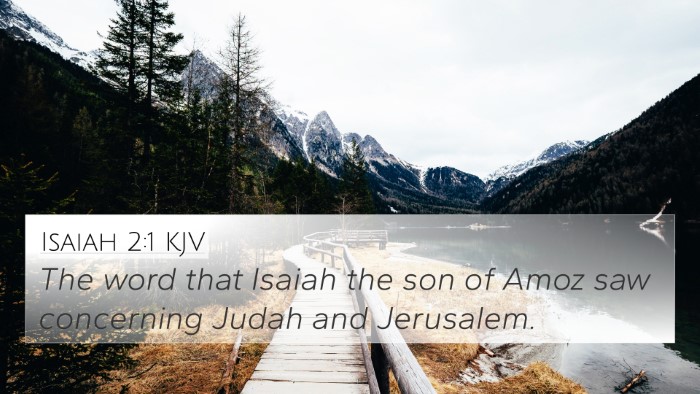Understanding Jeremiah 1:1
The verse Jeremiah 1:1 marks the introduction to one of the most significant prophetic books in the Bible. It sets the stage for the ministry of Jeremiah, a prophet chosen by God to convey His messages to the people of Israel. Below, we explore its meaning through biblical commentary and cross-references.
Verse: Jeremiah 1:1
"The words of Jeremiah the son of Hilkiah, of the priests that were in Anathoth in the land of Benjamin."
Context and Meaning
This verse serves as an introductory statement that identifies Jeremiah, his lineage, and his geographical background. According to commentaries by Matthew Henry, Albert Barnes, and Adam Clarke, several key themes emerge from this verse:
- Identity of the Prophet: Jeremiah is introduced not only by name but by his lineage as the son of Hilkiah, highlighting his legitimate background as a priest.
- Geographical Significance: Anathoth, a priestly city in the territory of Benjamin, is significant as it portrays Jeremiah's connection to the priestly lineage, corroborating his role as a prophet called from among the priests.
- Divine Calling: The establishment of Jeremiah's identity sets a foundation for understanding God's sovereign choice in the calling of prophets. The imagery suggests that God's communication often begins with a personal context before moving to a national calling.
Commentary Insights
According to Albert Barnes, Jeremiah is essential for understanding the broader narrative of obedience and disobedience in Israel's history. Adam Clarke emphasizes that the mention of the priests implies spiritual authority, which Jeremiah is to inherit as he transitions from priestly functions to prophetic ones.
Cross-References to Jeremiah 1:1
To enrich our understanding, we can examine several Bible verse cross-references that relate to Jeremiah 1:1:
- Exodus 6:20: "And Amram took him Jochebed his father's sister to wife; and she bare him Aaron and Moses: and the years of the life of Amram were an hundred and thirty and seven years."
- This linkage highlights the priestly lineage similar to Jeremiah's.
- Matthew 2:23: "And he came and dwelt in a city called Nazareth: that it might be fulfilled which was spoken by the prophets, He shall be called a Nazarene."
- This demonstrates God’s communication through prophets across generations.
- Jeremiah 25:3: "From the thirteenth year of Josiah the son of Amon king of Judah, even unto this day, that is the three and twentieth year, the word of the Lord hath come unto me."
- Continuity of God’s word is emphasized here, as Jeremiah's calling signifies a longer narrative of divine message.
- Isaiah 6:1: "In the year that king Uzziah died I saw also the Lord sitting upon a throne, high and lifted up, and his train filled the temple."
- This verse illustrates prophetic call and vision, akin to Jeremiah's prophetic experiences and responsibilities.
- Ezekiel 1:3: "The word of the Lord came expressly unto Ezekiel the priest, the son of Buzi, in the land of the Chaldeans by the river Chebar; and the hand of the Lord was there upon him."
- Another example of God calling a priest to prophetic ministry, highlighting the shared themes across prophetic books.
- Hebrews 5:4: "And no man taketh this honour unto himself, but he that is called of God, as was Aaron."
- This emphasizes the divine appointment aspect in the ministry that parallels Jeremiah's prophetic call.
- 2 Chronicles 34:1-2: "Josiah was eight years old when he began to reign, and he reigned in Jerusalem one in thirty years. And he did that which was right in the sight of the Lord, and walked in the ways of David his father."
- This background context relates to the political environment during Jeremiah's prophetic ministry.
- Jeremiah 7:1-2: "The word that came to Jeremiah from the Lord, saying, Stand in the gate of the Lord's house, and proclaim there this word, and say, Hear the word of the Lord, all ye of Judah."
- This shows the continued unfolding of Jeremiah's mission as God's voice to the people.
- Acts 3:18: "But those things, which God before had showed by the mouth of all his prophets, that Christ should suffer, he hath so fulfilled."
- Illustrates the continuity of prophetic utterance leading to Christ, linking Jeremiah's prophetic role to New Testament fulfillment.
- Revelation 10:11: "And he said unto me, Thou must prophesy again before many peoples, and nations, and tongues, and kings."
- Indicates the ongoing relevance and necessity of prophetic voices throughout biblical history.
Conclusion
Jeremiah 1:1 is a powerful reminder of the prophetic role in spiritual guidance, identity connected to heritage, and divine calling. Through comparative Bible verse analysis, we see that the connections between Bible verses not only enhance our understanding of the text itself but also emphasize the continuity of God's message throughout Scripture. By utilizing tools for Bible cross-referencing and exploring links between verses, believers can deepen their insights into biblical themes and the nature of God's communication through His chosen prophets.
Further Exploration
Those looking to explore comprehensive Bible cross-reference materials will find numerous resources available to assist in studying Jeremiah and other prophetic scriptures effectively. Engaging with a Bible cross-reference guide can provide additional insights into how these verses connect with broader themes in Scripture.
